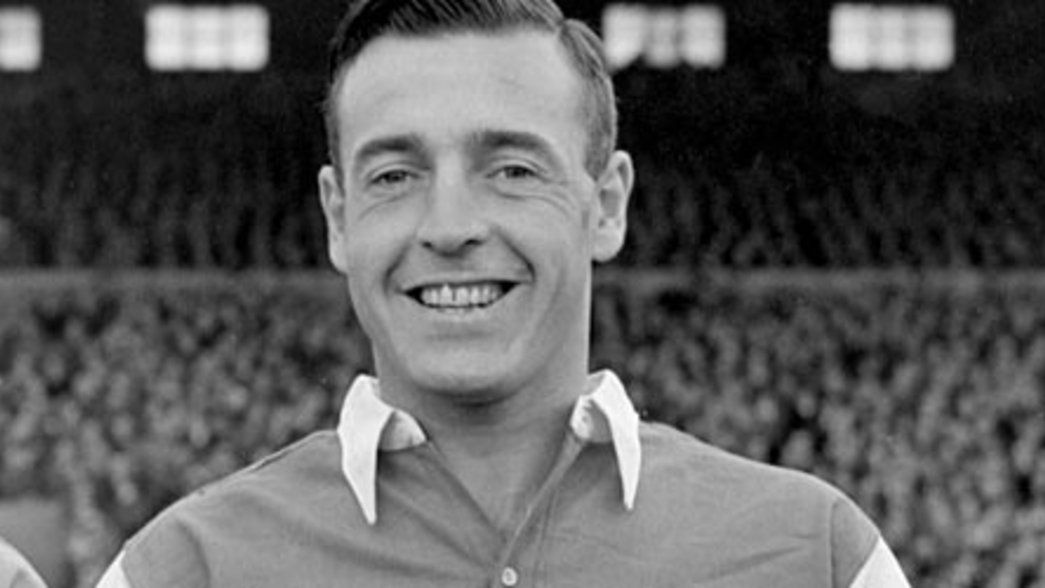By Mark Brindle, Supporter Liaison Officer
Our club would not even have existed if it were not for the mechanics of war.
As we all know, when David Danskin and his friends sat down in 1886 to form a team from the munitions workers at the Royal Arsenal in Woolwich, little could they have known they were creating one of greatest clubs in football history.
By the time Europe was plunged into the Second World War in 1939, the club's fortunes had changed dramatically on the field of play since the end of the First World War.
Five league titles and four FA Cup final appearances in those 21 years had seen us become the greatest team in the land. Although by 1939 other clubs had risen to challenge our dominance, the club could feel confident that it was in a strong position to continue to challenge for honours into the 40s.
At the outbreak of the war, the Football Association immediately abandoned the season with only three matches having been played. The leagues were re-organised on a regional basis in October 1939.
Of the club’s 44 professionals at the start of the war, 42 enlisted along with almost all the ground and administration staff at Highbury.
On the playing front, this meant that we often fielded ‘guests’ of the calibre of Stanley Matthews, Stan Mortenson and Bill Shankly in matches.
There were several honours won during this period:
- 1939/40 League South A Division champions
- 1940/41 Football League War Cup runners-up
- 1941/42 London League winners
- 1942/43 Football League South winners & Football League Cup South winners
Reg Lewis is probably a name that most know for his brace in the 1950 FA Cup final against Liverpool. His ‘official’ career record of 116 goals in 175 appearances stacks up well against most others, but if we look at his wartime record, we can see that his peak years would have put him right up there with some of the more recent scorers like Thierry Henry and Ian Wright.
Lewis scored 141 goals in 125 appearances during the war years; admittedly maybe some of the opposition did not match up, but it’s still a phenomenal rate of scoring. Cliff Bastin also scored 66 goals in the same period.
With so many Arsenal staff on active service, it was inevitable that the war would take its toll. Herbie Roberts (‘The Policeman’), the first player to perfect the centre-half stopper role introduced by Herbert Chapman, was killed on active service with the Royal Fusiliers. Jack Lambert was killed in a car crash. Bobby Daniel, elder brother of Ray, was lost while flying and Cyril Tooze - a youth player when war broke out - was killed by a sniper in Italy.
Others to lose their lives were: Henry Cook, Bill Dean, Hugh Glass, Leslie Lack, Bill Parr and Sidney Pugh.
When you add these sad losses to the fact that Hapgood, Crayston, Kirchen and Drake all retired from playing during the war, you can see what a devastating effect it had on the club. Of the 29 professionals who played in the last pre-war season, only 11 returned for the first post-war season.
It can be seen therefore that we made a vast contribution in many ways to the Second World War, only a few decades after sacrifices made during the First World War.
This represents another reason for us all to feel proud of our great club and another reason for us to remember those that gave so much.
Copyright 2024 The Arsenal Football Club Limited. Permission to use quotations from this article is granted subject to appropriate credit being given to www.arsenal.com as the source.










